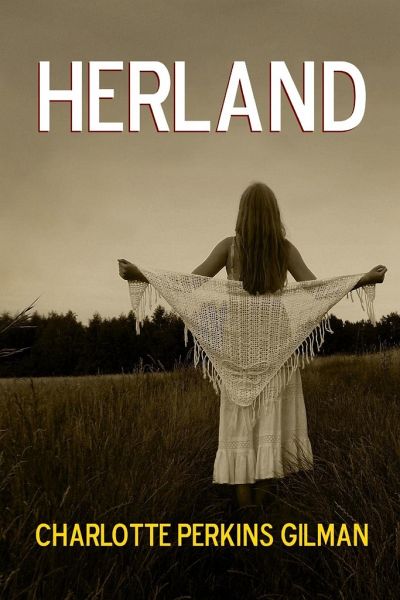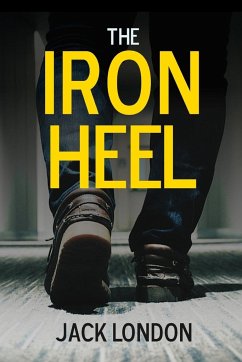
Herland
Versandkostenfrei!
Versandfertig in 1-2 Wochen
16,99 €
inkl. MwSt.

PAYBACK Punkte
8 °P sammeln!
1915 Dystopian Science Fiction, Utopia We had to sleep after that long sweep through the air, but we turned out early enough next day, and again we rose softly up the height till we could top the crowning trees and see the broad fair land at our pleasure. "Semitropical. Looks like a first-rate climate. It's wonderful what a little height will do for temperature." Terry was studying the forest growth. "Little height! Is that what you call little?" I asked. Our instruments measured it clearly. We had not realized the long gentle rise from the coast perhaps. "Mighty lucky piece of land, I call it...
1915 Dystopian Science Fiction, Utopia We had to sleep after that long sweep through the air, but we turned out early enough next day, and again we rose softly up the height till we could top the crowning trees and see the broad fair land at our pleasure. "Semitropical. Looks like a first-rate climate. It's wonderful what a little height will do for temperature." Terry was studying the forest growth. "Little height! Is that what you call little?" I asked. Our instruments measured it clearly. We had not realized the long gentle rise from the coast perhaps. "Mighty lucky piece of land, I call it," Terry pursued. "Now for the folks-I've had enough scenery." So we sailed low, crossing back and forth, quartering the country as we went, and studying it. We saw-I can't remember now how much of this we noted then and how much was supplemented by our later knowledge, but we could not help seeing this much, even on that excited day-a land in a state of perfect cultivation, where even the forests...












